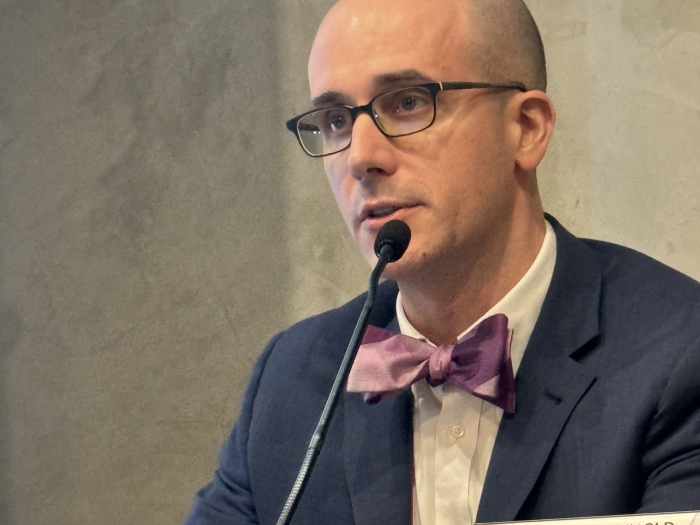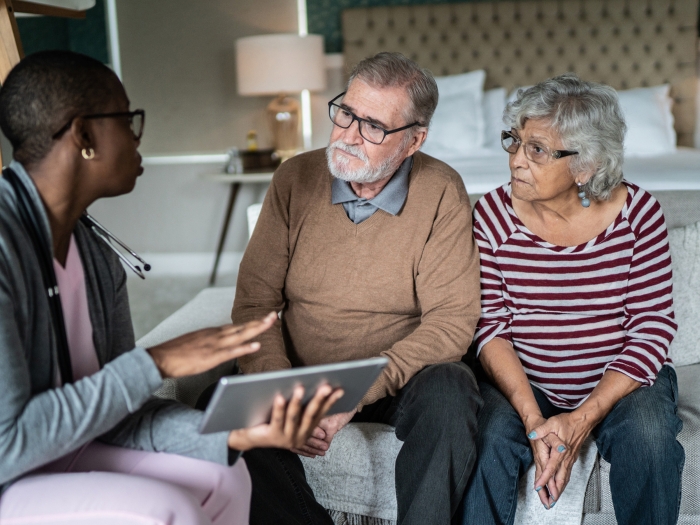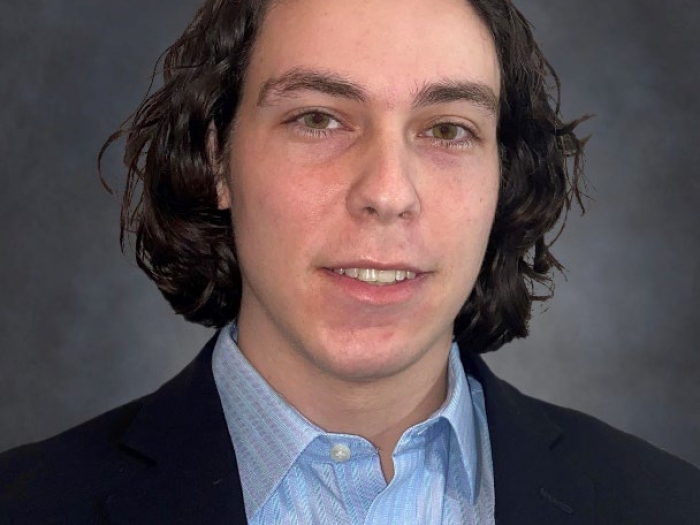Hey everyone, hope you've been doing well.
Since I last spoke to you, the M2's and I have gone through our pulmonary and renal sequences. Although we already learned about the physiology of all the organs last year, this year we're learning how it all goes wrong. The information this year has been much more interesting and pertinent to what we need to know as physicians, but it also has been a more difficult year. It's a little scary to hear a professor say, "Remember this when you become a doctor, it can kill patients," and try to tell yourself that you'll remember.
For the next two weeks, the M2's get a 'break': clinical weeks! Interspersed throughout our first two years, we get these clinical weeks (actually called Clinical Foundations of Medicine) to learn how to perform exams, learn about alternative medicine, health care issues, and whatever else they deem important. For med students, it's like spring break. We finally clean our apartments, put those pictures up that we told ourselves we would (I still haven't done this, but the week is young), and hang out.
But of course there's serious business too: each clinical week last year we learned a different portion of a physical exam. In our last clinical week at the end of M1 year we had to do a full physical on a standardized patient, where we struggled to fit everything in an hour with our little experience. This year, we have to give a full physical exam and patient history in one hour. This has probably been the first day students have even thought of the exam in months, but I guess it's important for future doctors to know how to perform a physical exam more than once... Being an M2 is so serious.
Alright, gotta go make the most out of my free week! Take care everyone!

Department of Communication at Michigan Medicine
Want top health & research news weekly? Sign up for Health Lab’s newsletters today!





